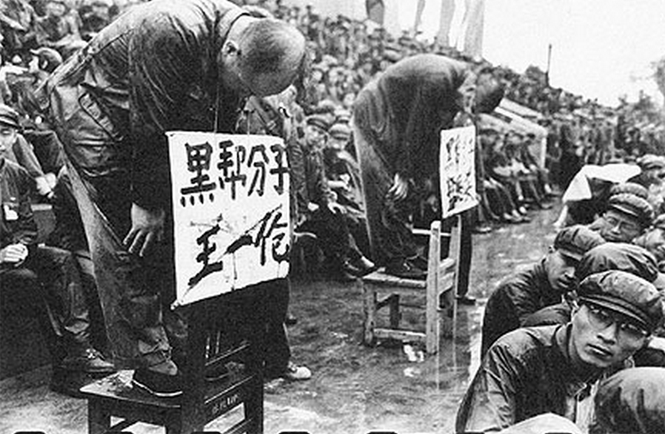

An ideology thus acts as a kind of straight-jacket, restraining the thoughts of those who follow it by binding everything to a single cause and a single explanation. Once you accept the initial assumptions, everything else, every single event or process, can be explained through them, interpreted through them. The Nazis explained it as a struggle between races. For example, the communists explain history as a struggle between the working class and the capitalists.
STRUGGLE SESSION SESSION PREMIUM FEED SERIES
What she means by this is that ideology is a series of assumptions that explain the causes and direction of the process of history (and indeed the very assumption that history itself is a process that is going somewhere).

An ideology is, in the words of Hannah Arendt, a kind of key to history. Totalitarianism begins the process by dividing the people into us and them, comrades and enemies, allies and foes. Whereas your run-of-the-mill tyrant might want to coerce the people into supporting him-or at least into not actively trying to dethrone him-a totalitarian ruler wants to eliminate free thought altogether and transform the people into an unthinking machine. Totalitarianism wants to break down your will to the point where compliance is no longer necessary, because you no longer have the capacity to resist. But totalitarianism doesn’t want you to comply. It won’t work because this course of action rests on a mistaken assumption that what totalitarianism wants is compliance. It may be tempting to think that you could survive a totalitarian regime by complying with its demands.


 0 kommentar(er)
0 kommentar(er)
